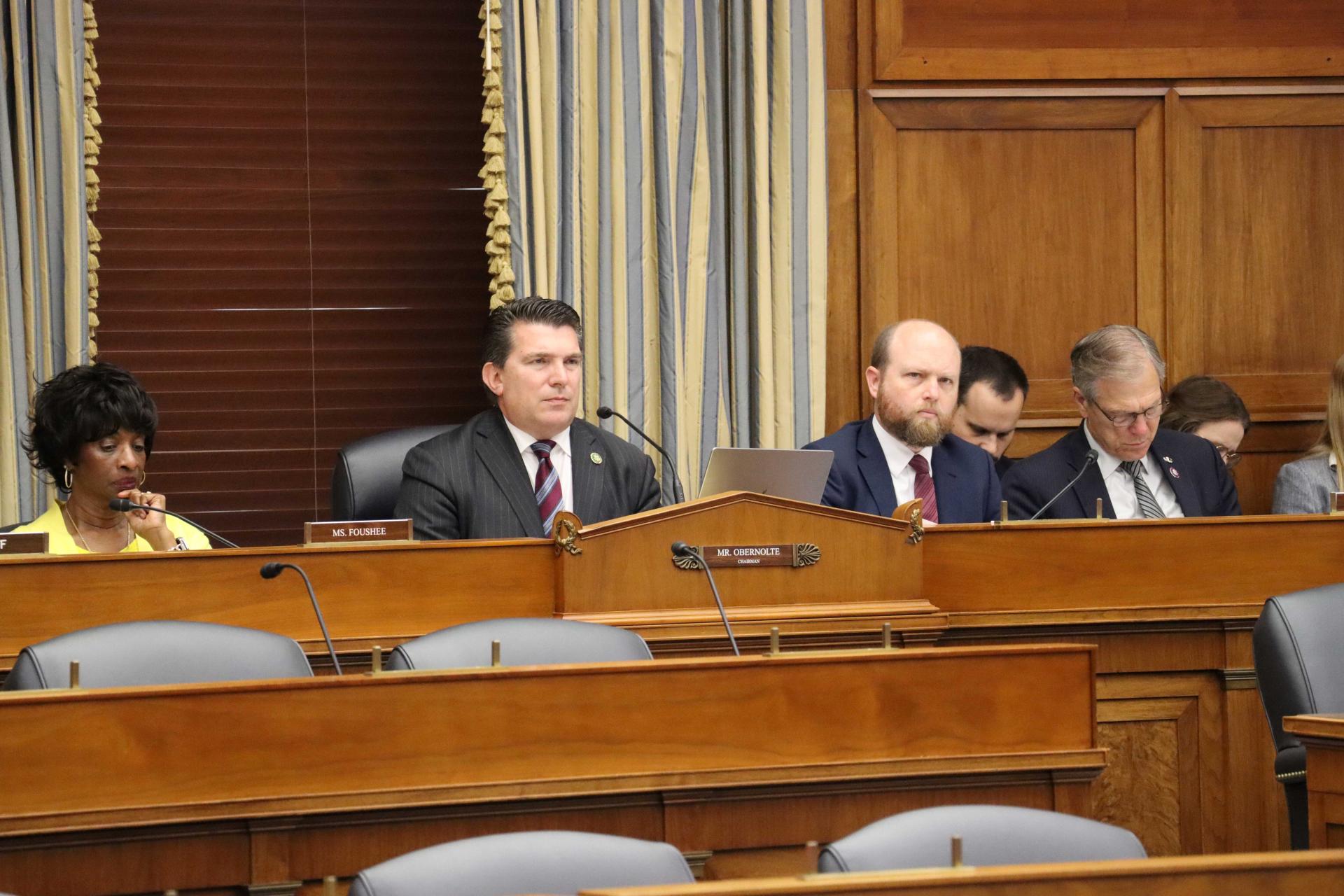Rep. Obernolte Chairs SST Subcommittee on Investigations and Oversight Hearing on California’s Nonsensical In-Use Locomotive Regulation

WASHINGTON – U.S. Congressman Jay Obernolte (CA-23), Chairman of the House Science, Space, and Technology Subcommittee on Investigations and Oversight, held a hearing on the feasibility of the California Air Resources Board’s (CARB) rule requiring zero-emission locomotives. CARB cannot officially implement its regulation until the Environmental Protection Agency (EPA) grants its requested waiver. If the EPA were to grant this waiver, it would have harmful ramifications across the country and particularly on jobs in California’s 23rd Congressional District, while counterproductively increasing greenhouse gas emissions rather than decreasing them.
“Currently, the rail industry accounts for less than 2% of the transportation sector’s total emissions, but CARB’s nonsensical actions are threatening to derail that progress,” said Rep. Obernolte. “If CARB’s waiver is granted, medium- and heavy-duty trucks, which account for 23% of total transportation sector emissions, would become the primary means of freight transportation in California, polluting our air even further. Additionally, the waiver poses significant harm to infrastructure projects like BNSF’s Barstow International Gateway project, which would reduce the need for medium- and heavy-duty trucks while ensuring efficient supply chain pathways.I urge the EPA to consider these environmental and economic impactsand deny the waiver.”
To watch Rep. Obernolte’s opening remarks, click here.
Background:
The California Air Resources Board (CARB) adopted the In-Use Locomotive Regulation, which would require the implementation of zero-emission locomotives by prohibiting the operation of any locomotive that is 23 years or older from operating in California. By 2035, all older locomotives would only be permitted to operate in the state if they are zero-emission vehicles.
The rule went into effect on January 1, 2024, but CARB must obtain approval from the EPA before it can begin fully enforcing the rule. There are no commercially available freight diesel-electric locomotives that are zero-emissioncompliant. The best batteries built today hold less than 10 megawatt hours (MWh) of energy in a locomotive form factor, but an electric locomotive would need to store between 80 and 100 MWh of energy to match the power of a typical locomotive’s diesel engine.
In California’s 23rd Congressional District, the Barstow International Gateway (BIG) is currently under construction and will provide up to 20,000 direct and indirect jobs in the community. This project will allow the direct transfer of containers from ships at the ports of Los Angeles and Long Beach to Barstow. If CARB’s rule is allowed to go into effect, this project could be canceled completely, which goes against both CARB and the EPA’s goals, as the BIG project will significantly reduce port and highway congestion. By distributing cargo through an expanded rail system, congestion, traffic, and greenhouse gas emissions will be reduced throughout the Los Angeles Basin and the Inland Empire.
Thursday’s hearing builds off previous action Rep. Obernolte has taken in opposition to CARB’s job-destroying rule:
In May, Rep. Obernolte led 73 of his colleagues in a letter in opposition to the EPA granting a waiver to the California Air Resources Board (CARB) for its zero-emission locomotive rule.
Rep. Obernoltealso delivered nearly 2,000 letters from agencies, organizations and his constituents in California’s 23rd Congressional District to EPA Administrator Michael Regan expressing their concerns that the waiver would have on the economy and national supply chains, and he encouragedthe Administrator to deny the California waiver.
###
